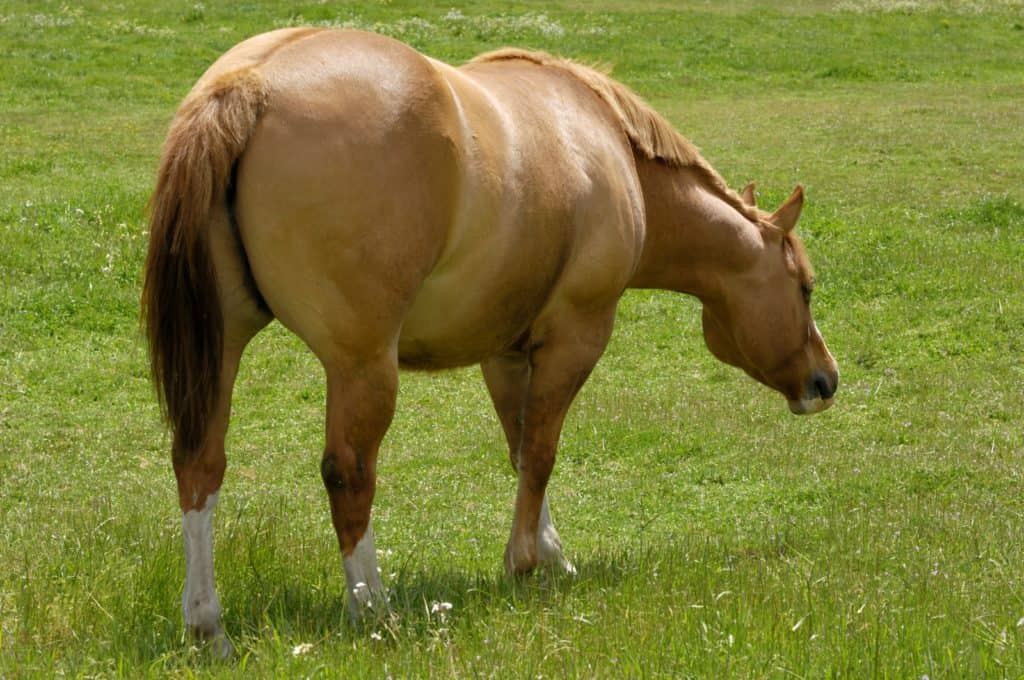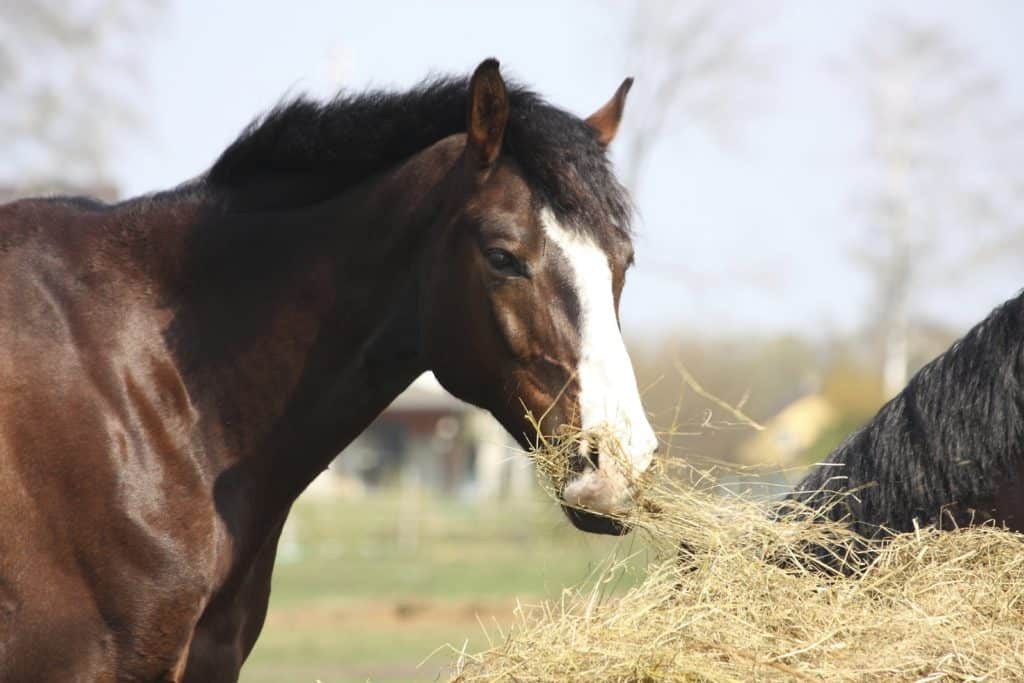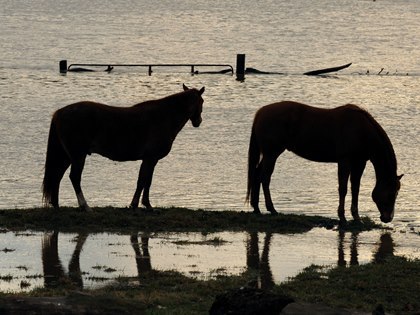
Sable Island Horses Have Low Laminitis Risk
Despite poor hoof quality, the feral horses on Sable Island had a low prevalence of laminitis.

Despite poor hoof quality, the feral horses on Sable Island had a low prevalence of laminitis.

Aging mules and donkeys need to be managed just as carefully as horses. Here’s what you need to know.

A veterinarian says both age and breed can affect a horse’s predisposition to insulin resistance.

Insulin moves glucose from the blood into muscle and other tissue, but sometimes the process doesn’t go smoothly.

Using a focus-on-forage approach, a veterinarian specializing in equine nutrition explains how she plans a diet for easy keepers.

Discover tips for managing horses with insulin resistance in the archived recording of our podcast. Sponsored by Wellness Ready.

Learn about feeding your senior horse in this archived recording of our podcast. Sponsored by Purina.

Discover why supportive care and dietary management are paramount for positive outcomes in acute colitis cases.

Low-starch forage and weight loss can help horses with laminitis regain their foothold.

Does alfalfa make horses “hot”? Should they not eat before exercising? Many of our feeding practices are based on tradition, but what’s really best for our horses?

How do you choose between plain white salt blocks, red mineralized blocks, and rock salt on ropes? One nutritionist offers advice on adding salt in your horse’s diet

Younger age and lower body condition appear to protect horses against occasional spikes in nonstructural carbohydrate consumption.

Consider these nutritional factors when formulating your horse’s diet to avoid GI issues such as equine squamous gastric disease.

Learn how proper nutrition can help improve horses’ musculoskeletal, immune, endocrine, and gastrointestinal health.

Providing a balanced diet that meets your horse’s nutritional needs and being aware of possible shortcomings are vital for his care. Read about seven aspects of your horse’s diet that might not be up to par.

Here’s how to get your farm back to normal so your horses have a safe and comfortable place to, once again, call home.
Stay on top of the most recent Horse Health news with
"*" indicates required fields